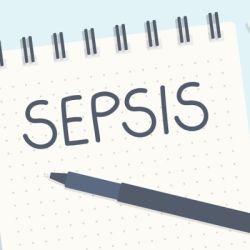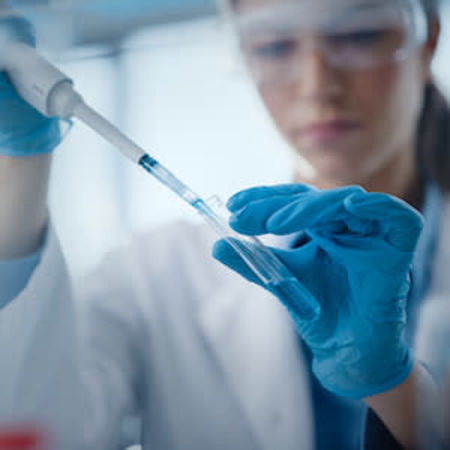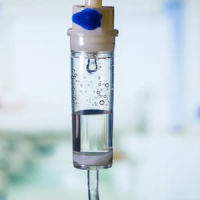In-vitro diagnostic tests allow for quick results and prompt decision-making by medical professionals in near-patient settings. The abioSCOPE® device uses nanofluidic technology to quickly measure the number of molecules in a sample using a small amount of fluid and minimal preparation, resulting in fast results. Pancreatic stone protein (PSP) is a validated biomarker for sepsis that can be detected in the bloodstream up to three days before traditional clinical diagnosis. PSP has been found to distinguish between non-infective inflammation and sepsis in critically ill patients, providing valuable information for patient treatment decisions. Studies measuring PSP have used a research-specific ELISA technique first described in 1999. Abionic SA recently created the first CE-certified platform to measure PSP blood levels using the abioSCOPE® IVD testing platform.
This study compares the results of a research-only ELISA assay and the IVD abioSCOPE® test for the first time. Eighty human blood samples were collected and analysed in total. K2-EDTA anticoagulated venous whole blood was collected, and 50 µL was used for PSP measurement using the abioSCOPE® device in a near-patient setting, resulting in a 7-minute turnaround time. The remaining blood samples were processed to plasma, stored at -20°C, and measured using ELISA. The ELISA followed previous protocols using identical reagents, sample dilutions, and calibrators, resulting in a 16-20 hour turnaround time.
Samples showed PSP levels ranging from 20 to 316 ng/mL, with a median of 96 ng/mL, as measured by the abioSCOPE® test. A linear regression between the abioSCOPE® test and the ELISA showed a slope of 4.6 and a y-intercept of 30 ng/mL.
Results indicated a 4.6-fold difference between the ELISA and abioSCOPE® test for measuring PSP, likely due to technological and reagent differences between the methods. The difference in results was due to the forced flow in the nanofluidic sensors and nanoconfinement effects in the abioSCOPE® test, which resulted in short diffusion distances and high capture efficiency compared to the ELISA's reliance on passive analyte diffusion. The discrepancy in quantification between the two methods may also be due to differences in the calibrators used.
This study compared the results of a laboratory ELISA, used in many clinical studies evaluating PSP, to a new automated IVD platform that uses disposable nanofluidic sensors to measure PSP in a near-patient setting for the first time. The PSP test on the abioSCOPE® device is the first commercially available assay to measure PSP (protein secretion product). It combines the precision and accuracy of laboratory tests with the convenience of near-patient testing. The abioSCOPE® device can be seamlessly integrated into hospital systems with automatic data entry to enable actionable results from a drop of capillary or venous blood.
Image Credit: iStock
References:
Nichols JH (2023) Abstracts from the 28th AACC International CPOCT Symposium: Meeting Evolving Patient Needs Using Point-of-Care Testing, The Journal of Applied Laboratory Medicine. https://doi.org/10.1093/jalm/jfac141
Latest Articles
Sepsis, biomarker, PSP, Pancreatic Stone Protein, Nanofluidic Technology
Nanofluidic Technology Enables Rapid Quantification of PSP as an Early Biomarker of Sepsis


















